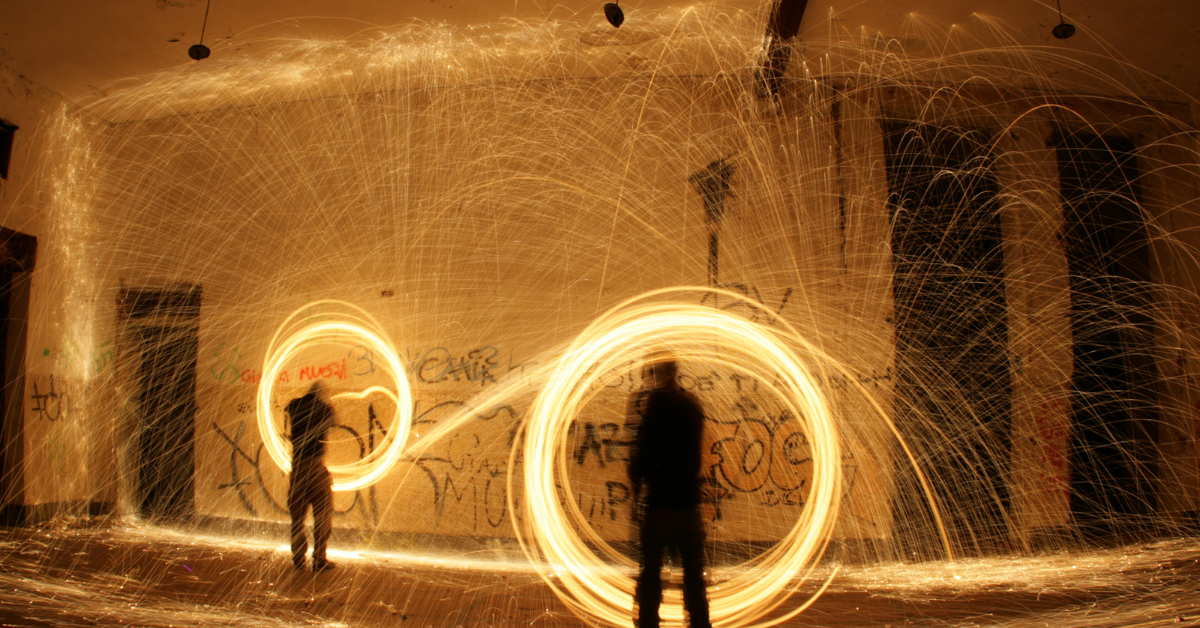Doctor Who, the legendary British sci-fi drama, has fans across the globe. In Japan, however, its reception is shaped by cultural background, anime influence, and tokusatsu traditions. Understanding these impressions helps foreign fans see the series from a completely new perspective.
Recognition of Doctor Who in Japan
In Japan, Doctor Who does not have the same level of recognition as in Europe or the US. Broadcast opportunities have been limited, so for many Japanese viewers it is something they “have heard of, but never actually watched.” From the Showa era through the Heisei era, American dramas and Japanese tokusatsu (special effects shows) were more dominant, making a British show like Doctor Who harder to reach the mainstream.
However, the fanbase that exists is extremely passionate. With the spread of the internet, fans have accessed subtitled versions and DVDs, and enthusiast communities exchange information online. Events and forums keep enthusiasm high. Because the series has strong sci-fi and tokusatsu elements, Japanese audiences find it relatively easy to embrace.
Distinctively Japanese Impressions
Admiration for British Culture
Japanese fans strongly sense British culture through the show. Brick houses, cobblestone streets, historic castles, and rural landscapes represent a world far from everyday Japan. Experiencing such settings through the series provides a non-daily, exotic experience that is especially appealing.
The uniquely British humor and witty dialogue feel very different from Japanese dramas or anime. Fans often describe it as “intellectual and refined,” appreciating cultural differences and freshness.
Interest in Character Expression
The Doctor is unlike a typical hero. Intelligent, humane, humorous yet lonely, the character embodies complexity. Japanese viewers resonate with this multifaceted personality and often feel that “the fact that the Doctor is not perfect makes them more attractive.”
Audiences accustomed to anime and manga tend to closely follow character growth and emotional changes. Therefore, the idea that the Doctor regenerates into a new personality is especially fascinating. Despite the change, the thematic continuity remains intact, which Japanese fans admire as “a fusion of consistency and transformation.”
Comparisons with Japanese Tokusatsu
A common observation among Japanese fans is the similarity to local tokusatsu. The monsters and aliens recall series such as Ultraman or Kamen Rider. In lower-budget episodes, fans often say it “feels like Showa-era tokusatsu.”
Rather than flashy visuals, the reliance on creativity and ideas resonates with Japanese sensibilities. Older fans in particular enjoy the nostalgic atmosphere.
Japanese Viewpoints Explained for Foreign Fans
| Perspective | Japanese Impression | Explanation for Foreign Fans |
|---|---|---|
| Visual Style | Retro feeling | Resembles Japanese tokusatsu, feels nostalgic |
| Setting | Strong sense of Britishness | Enjoyed as an exotic cultural experience |
| The Doctor | Intelligent and humorous | Admired for multifaceted personality |
| Monsters & Villains | Suit-like, charming | Seen in relation to Japan’s tokusatsu culture |
How Japanese Fans Enjoy the Show
| Activity | Content | Distinct Feature |
|---|---|---|
| SNS & Forums | Exchange theories, interact with foreign fans | Known for highly detailed analysis |
| Cosplay | Recreate characters at events | Focus on costume accuracy |
| Language Learning | Watch with English subtitles | Blend of learning and entertainment |
Japanese fans tend to pay close attention to details—props, nuances in dialogue, or even small gestures. International fans often remark that “Japanese analysis is impressively detailed.”
Resonance Between Doctor Who and Japanese Culture
| Theme | Connection to Japanese Culture | Distinct Impression |
|---|---|---|
| Time Travel | Harmonizes with cultural respect for history and tradition | Compared to local historical dramas |
| Farewell & Regeneration | Echoes values like impermanence and mono no aware | Evokes strong feelings of sadness and transience |
| Hero Figure | Acceptance of imperfect heroes | Inspires closeness and empathy |
Additional Insights: Japanese Sensibility and Storytelling
Looking deeper, the Doctor’s regenerations and farewells resonate with Japanese concepts of impermanence and emotional poignancy (mono no aware).
Japan has a strong tradition of valuing history. Thus, stories of traveling across different eras mean more than just adventure. Japanese viewers sometimes compare it to their own Edo- or Meiji-era dramas, seeing it as “time travel from an outside culture’s perspective.”
This cultural backdrop helps explain why Japanese impressions of Doctor Who are unique, often blending sci-fi entertainment with deeper emotional and historical sensibilities.
Conclusion
While Doctor Who is not widely known in Japan, its dedicated fanbase supports it passionately. The attraction lies in admiration for British culture, resonance with tokusatsu traditions, and empathy for the Doctor’s multifaceted personality.
For foreign fans, understanding these cultural filters offers a refreshing angle. By learning how Japanese viewers interpret and connect with the series, one can appreciate the richness of Doctor Who from new perspectives.






